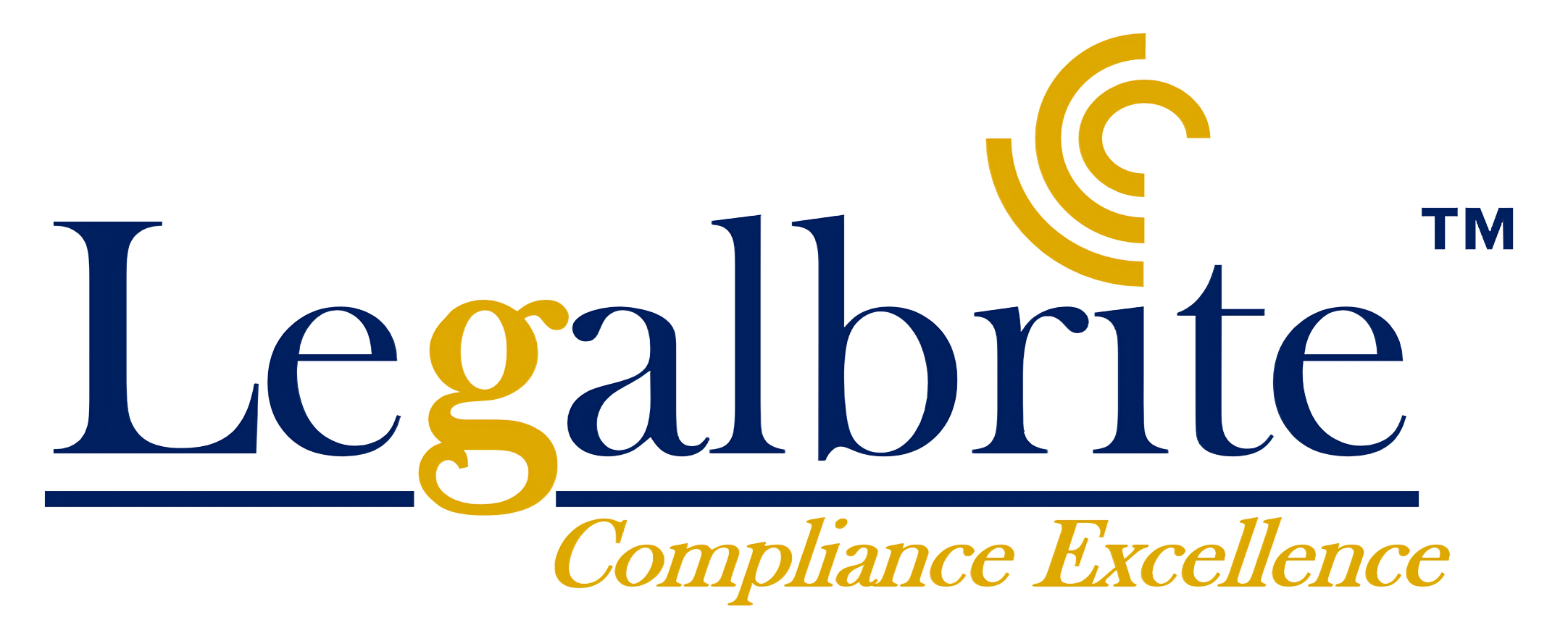Shop and Establishment Act Compliance Checklist 2024
Ensuring Compliance: A Comprehensive Guide for Businesses Under the Shops Act in India
In the realm of business operations in India, compliance stands as a cornerstone, signifying adherence to legal regulations and norms. Each statute, including the Shops Act, delineates a set of compliance requirements, encompassing tasks such as filing returns, submitting applications, and fulfilling financial obligations. For enterprises holding a Shops Act license, strict adherence to these compliance measures is imperative to navigate the legal landscape effectively.
Importance of Statutory Compliance:
Statutory compliance extends beyond mere legal obligations; it underpins various aspects of organizational functionality. Non-compliance, be it in tax matters or workplace regulations, can tarnish a company’s reputation, leading to employee distrust and customer apprehension. Moreover, adherence to statutory provisions fosters equality among employees, streamlines tax payments, and fortifies customer loyalty. Financial repercussions stemming from non-compliance penalties can disrupt cash flow and hinder business operations significantly.
Despite the exhaustive nature of compliance requirements, ambiguities persist, particularly for emerging business paradigms like IT and home-based freelancing. Questions regarding record maintenance, software utilization, and exemptions from labour departments underscore the complexity of compliance. Seeking expert guidance can provide invaluable clarity and ensure meticulous adherence to updated compliance mandates under the Shops Act. Regularly reviewing and updating your compliance practices is essential to ensure continued adherence to regulations and avoid potential penalties or legal issues. Consulting with legal experts or industry associations can provide further guidance on specific compliance requirements relevant to your business.
Read more:(What is shop and establishment compliance, and why it is important?)
Compliance Checklist Required Under the Shops Act
- Establishment Determination: Assessing whether the business falls within the Act’s purview.
- Registration Promptness: Ensuring registration within 30 days of business commencement.
- Updating Particulars: Prompt communication of any changes to the Inspector.
- Operational Hours Compliance: Adherence to prescribed opening hours, rest intervals, and weekly holidays.
- Employment Regulations: Compliance with provisions concerning child labour, young workers, and female employees.
- Leave and Wage Payments: Fulfilment of statutory requirements regarding leave entitlements and wage disbursement.
- Health and Safety Standards: Adhering to prescribed health and safety regulations.
- Record Maintenance: Proper upkeep of registers and records as per Shop Act License Rules, 1961.
- Overtime Compensation: Ensuring proper payment for overtime work.
- Termination Procedures: Compliance with regulations governing employee termination.
- Small Establishment Intimation: Submission of an intimation application for establishments with fewer than 10 employees.
- Register Maintenance: Adequate upkeep of employee and wage registers.
- Prohibition of Child Labor: Strict adherence to laws prohibiting the employment of individuals under 14 years of age.
- Maternity Benefit Disbursement: Timely payment of bonuses to eligible women.
- Registration Certificate Updates: Submission of necessary amendments to the Inspector, if required.
- Workplace Conditions: Ensuring cleanliness, adequate lighting, ventilation, and provision of essential amenities.
Shop and establishment act compliance checklist:
Working Hours:
Are the working hours for your establishment in compliance with the regulations?
Have you determined opening and closing hours for each day of the week?
Weekly Off:
Are you providing the prescribed weekly off to all employees?
Have you clearly communicated the weekly off day(s) to your employees?
Overtime:
Do you have a policy in place for overtime work?
Are you ensuring that overtime work is compensated according to legal requirements?
Leave Policies:
Have you established and communicated leave policies including annual leave, sick leave, and maternity leave?
Are you maintaining records of leave availed by employees?
Wages and Payment:
Are you paying wages to employees on time?
Are you complying with minimum wage laws?
Employment Records:
Are you maintaining accurate records of all employees, including personal details and employment history?
Notice Boards:
Do you have notice boards displaying important information such as working hours, holidays, and grievance redressal procedures?
Safety and Hygiene:
Is the workplace safe and hygienic? – Are necessary amenities such as clean drinking water, toilets, and first aid kits provided?
Prohibition of Child Labor:
Are you complying with laws prohibiting the employment of children below the legal age?
Grievance Redressal:
Have you established mechanisms for addressing employee grievances and complaints?
Renewal of License:
Are you ensuring timely renewal of the shop and establishment license?
Statutory Registers:
Are you maintaining statutory registers such as the Register of Employees, Register of Wages, and Register of Leave?
Compliance with Local Laws:
Are you aware of any additional regulations or requirements specific to your locality?
Digital Compliance:
If applicable, are you complying with any digital reporting or documentation requirements mandated by the authorities?
Display of License:
Is the shop and establishment license displayed at a prominent place within the workplace?
Adhering to this checklist will help ensure compliance with the Shop and Establishment Act, foster a conducive work environment, and protect the rights and interests of both employers and employees. This checklist serves as a guide to ensure compliance with the Shop and Establishment Act, promoting a fair and secure work environment for all stakeholders.



